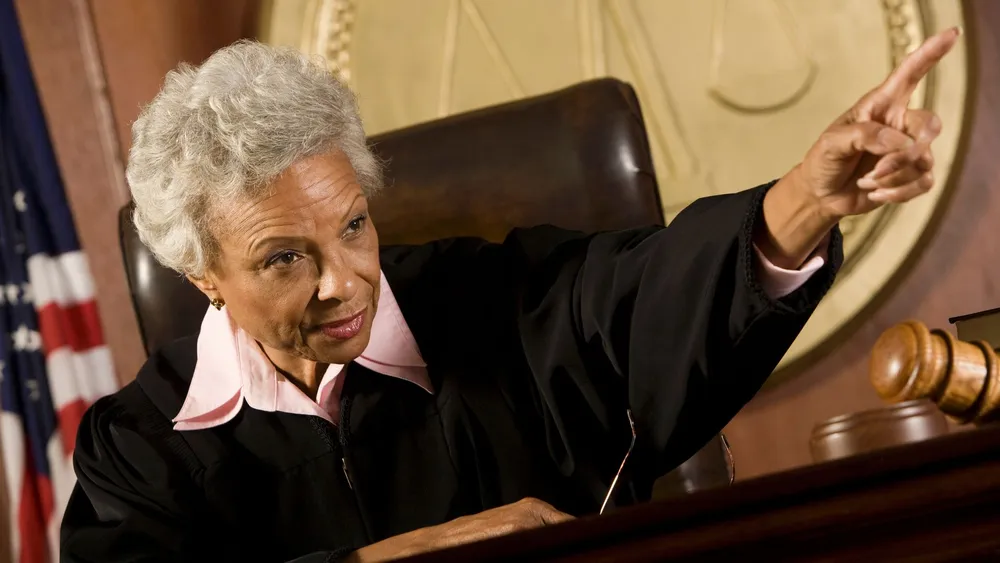The University of Houston settled in a free speech case that accused its harrassment policy of being ‘overbroad’ and used to stifle speech on campus.
The university will pay Speech First $30,000 in fees.
The University of Houston settled a lawsuit brought by the non-profit organization Speech First that accused the school’s harassment policy of having “unconstitutionally chilled student speech” due to its “overbroad” interpretation.
“This is a huge win for the First Amendment,” said Speech First Executive Director Cherise Trump in a press release. “It sends a message a message to the University of Houston and other universities that they will be held accountable if they enact unconstitutional policies on campus.”
Per the settlement, UH will pay $30,000 to Speech First in fees. The amount equates to three years’ worth of tuition at the public institution.
“The UH System has reached an amicable agreement with the plaintiff and now considers this matter resolved,” the university told Campus Reform in a statement. “The UH System remains committed to protecting the constitutional rights of our students and employees.”
[RELATED: Court delivers setback for Ben Shapiro free speech suit]
Speech First is a nonprofit organization dedicated to protecting First Amendment rights on college campuses.
“Not only did we restore students’ free speech rights by eliminating the university’s ‘harassment’ policy, but the university agreed to adopt a new policy that complies with the standard laid out by the Supreme Court in Davis v. Monroe County Board of Education,” Trump continued.
The revised policy was adopted by the university and tightens the definition of harassment to be “severe, pervasive, and objectively offensive treatment that denies the student equal access to education.”
“A minor verbal and nonverbal slight, snub, annoyance, insult or isolated incident including, but not limited to a microaggression, is not sufficient to establish Discrimination or Harrassment,” the policy defines.
The case was originally brought to the U.S. District Court for the Southern District of Texas in February, and a preliminary injunction was granted in May that prevented the policy from being enforced while the case was being decided.
Campus Reform previously reported on both developments.
The policy was quick to come under fire after three UH students expressed concern for their free speech rights after a video was posted on the university website attributing using non-preferred pronouns to “hate speech.”
Harassment was also vaguely defined to include “denigrating jokes” and “negative stereotyping.”
According to Trump, the settlement should serve as a warning to other universities with overbroad speech codes.
Trump firmly stated that “policies designed to chill student speech will not be tolerated.”
“Every institution of higher learning should protect freedom of expression, freedom of thought, and the open exchange of ideas, not muzzle students with speech codes that disregard federal guidelines and the U.S. Constitution,” Trump stated.
[RELATED: WATCH: ‘Our right to express ourselves is fundamental,’ lawmaker argues]
Campus Reform has reported on numerous speech code violations that threaten free speech on college campuses.
This spring, Alliance Defending Freedom filed a lawsuit on behalf of a Southern Illinois University at Edwardsville student Maggie DeJong after she alleged her First Amendment rights were violated by the administration during the spring semester.
DeJong was issued three “no-contact” orders after a student accused her of using offensive, Christian language. The orders restricted DeJong’s access to campus as she was barred from activities where the accuser could be present.
Campus Reform has contacted Speech First for comment. This article will be updated accordingly.
Follow @Alexaschwerha1 on Twitter
Source: Campus Reform
Alexa Schwerha is a reporter for Campus Reform. She was the Regional Field Coordinator at Leadership Institute for Texas and New Mexico. She graduated Kent State University with a degree in Communication Studies and Political Science. Prior to her work at the Leadership Institute, she worked for the Ohio Republican Party to help elect Republicans across the state during the 2020 election cycle.
Become a Patron!
Or support us at SubscribeStar
Donate cryptocurrency HERE
Subscribe to Activist Post for truth, peace, and freedom news. Follow us on SoMee, Telegram, HIVE, Flote, Minds, MeWe, Twitter, Gab, What Really Happened and GETTR.
Provide, Protect and Profit from what’s coming! Get a free issue of Counter Markets today.
